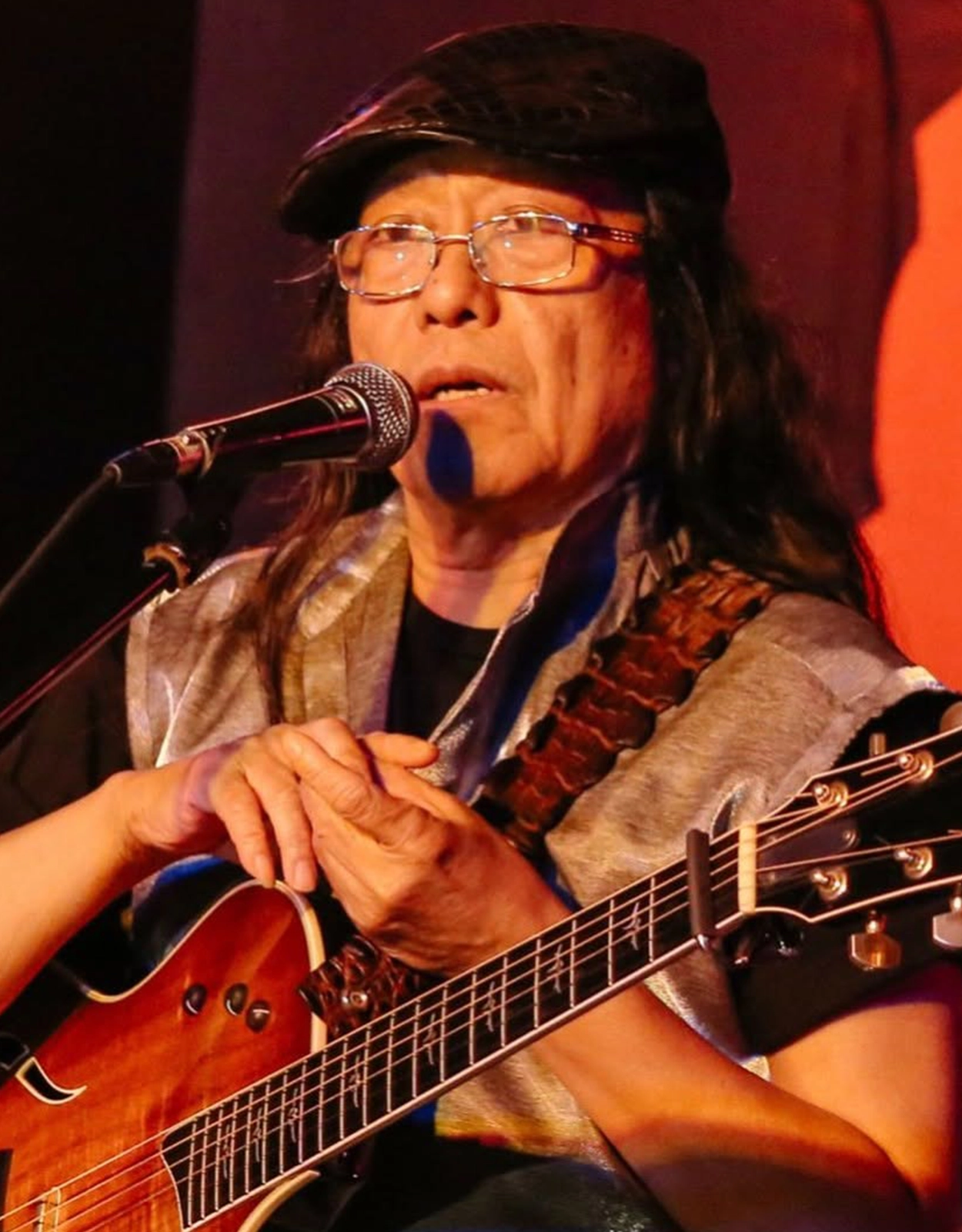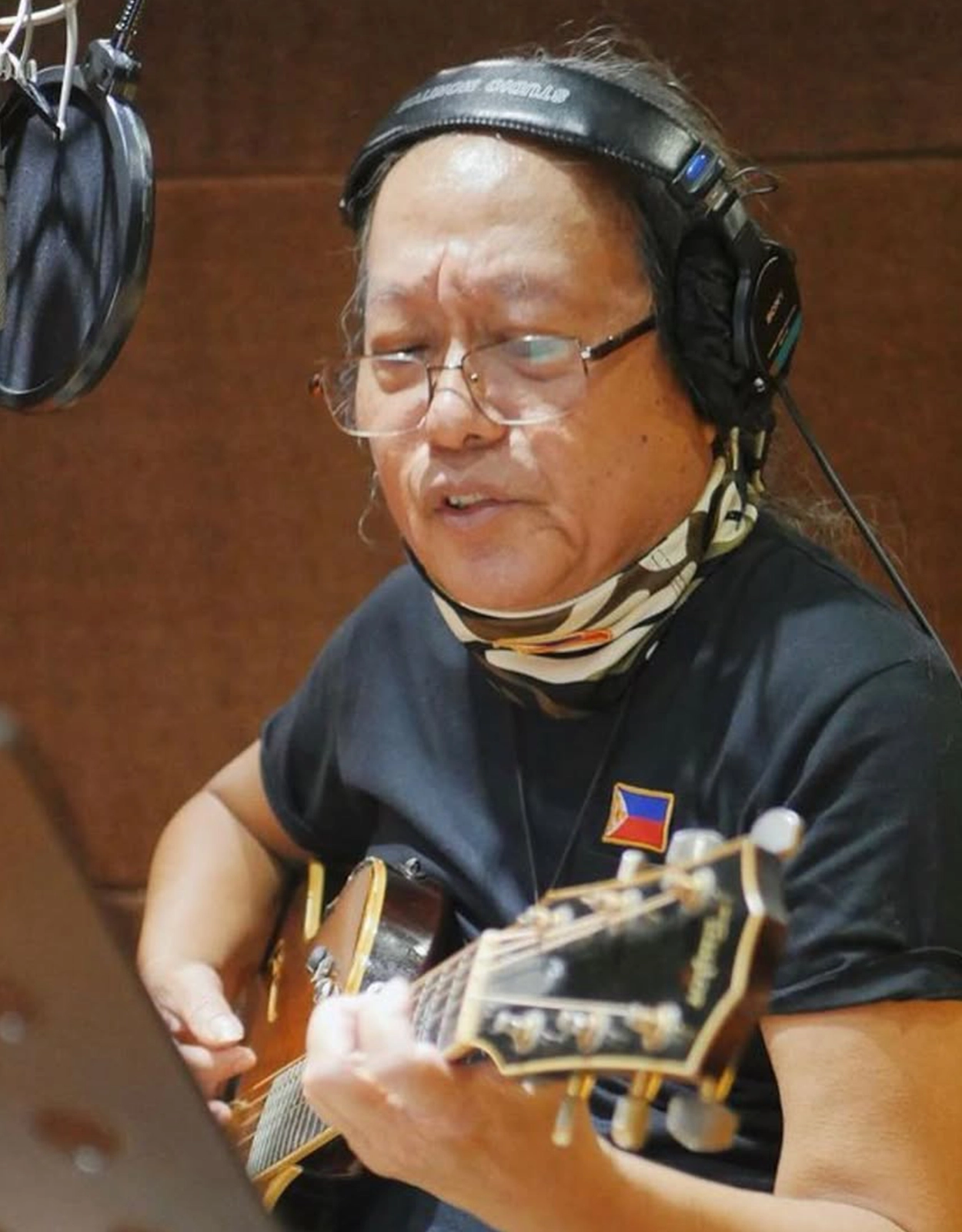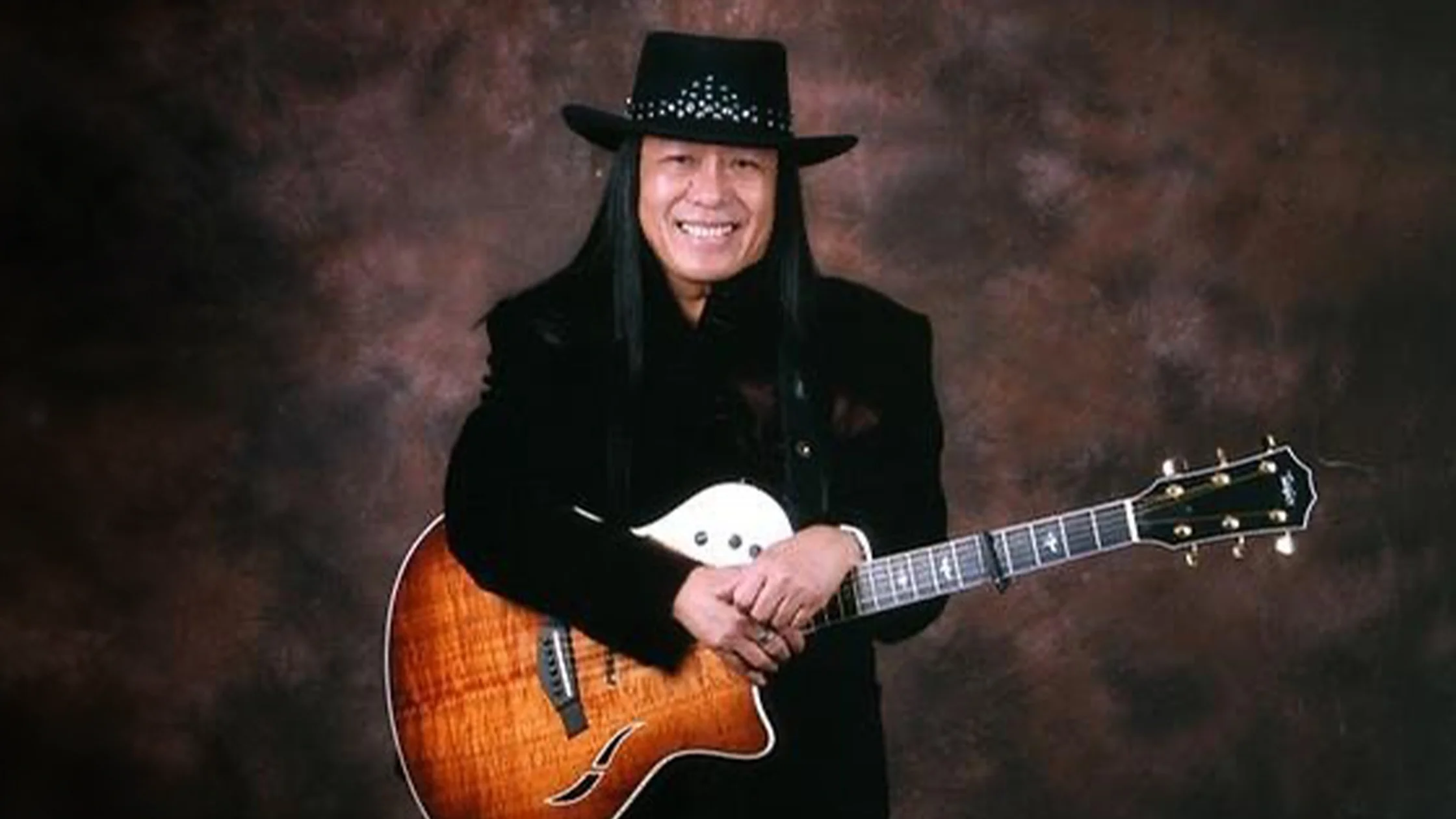Thank You for the Music, Freddie Aguilar: A Tribute in Six Songs
Freddie Aguilar, one of the country’s OPM legends, died at the age of 72 on May 27
The country lost another legend in Freddie Aguilar, a pillar of Original Pilipino Music (OPM), who passed away at the age of 72 on May 27.
News of his death was confirmed by lawyer George Briones, general counsel of Partido Federal ng Pilipinas. The singer was laid to rest the same day, per Islamic tradition. Aguilar converted to Islam in 2013 and is survived by his wife, Jovie, and children.
Known for his heartfelt, often politically charged songs, Freddie Aguilar’s voice became the soundtrack to countless moments in Filipino life—from lullabies sung in small homes to anthems of protest in the streets. In his later years, Aguilar also became an outspoken political supporter of former president Rodrigo Duterte, further deepening his complex public persona.
Still, his music remains. We look back at six songs that continue to shape Philippine history and pop culture — each one a reminder of how deeply music can reflect the heart of a people.

Anak
Perhaps the most popular in his repertoire, “Anak” is a song that Freddie Aguilar released when he joined the Metropop contest in 1978. Despite not winning the grand prize, it became a hit and was translated into several languages.
The lyrics reflect the story of the joy and happiness parents have upon the arrival of their child. But it also points to the rebellious stage kids will go through, which could have consequences.
Bayan Ko
If “Anak” told the story of a family, “Bayan Ko” sang the sorrow of a nation. Though Aguilar did not compose the piece, his version became a protest anthem during the 1986 EDSA Revolution. Stirring and defiant, it reminded Filipinos that loving your country sometimes means standing up to power.
Magdalena
One of Aguilar’s more controversial works, “Magdalena” dives into a taboo topic with rare empathy. In this song, Freddie Aguilar tackles how a woman named “Magdalena” is forced into the industry to support her loved ones. Through the lyrics, Aguilar narrated the economic struggles Filipinos face, especially women.
Bulag, Pipi, at Bingi
From his 1979 album Kinabukasan, this song painted a haunting picture of societal indifference. In it, Aguilar described how many people choose to look away, remain silent, or feign ignorance in the face of injustice. It remains as relevant now as it was then—a sobering reminder of the cost of silence.
Estudyante Blues
In “Estudyante Blues,” Aguilar gave teenage angst a voice. The song speaks of a young student feeling unseen and misunderstood—a theme that resonated so deeply it inspired a 1989 film adaptation. Through simple but powerful lyrics, Aguilar captured the universal struggle of finding one’s place in the world.
Ina
It’s fitting to end with “Ina,” a gentle tribute to mothers. Through this song, Aguilar honored the silent sacrifices, unwavering love, and quiet strength of Filipino moms. It’s a reminder to look back not just in guilt, but in gratitude.

Thank You for the Music, Freddie
Freddie Aguilar may be gone, but his voice remains in every Filipino household that ever sang “Anak” on a rainy night, every parent who felt seen, every child who found forgiveness, and every citizen who dared to hope. His songs will be passed down not just through playlists or vinyl records but through the stories, the memories, and the music we sing to our children.
Remembering those who left us
Remembering Ricky Davao: Father, Actor, and Director
Rachel Alejandro Remembers Dad Hajji: My Dad Was Our Sun
Remembering Nora Aunor: The Country’s Superstar









